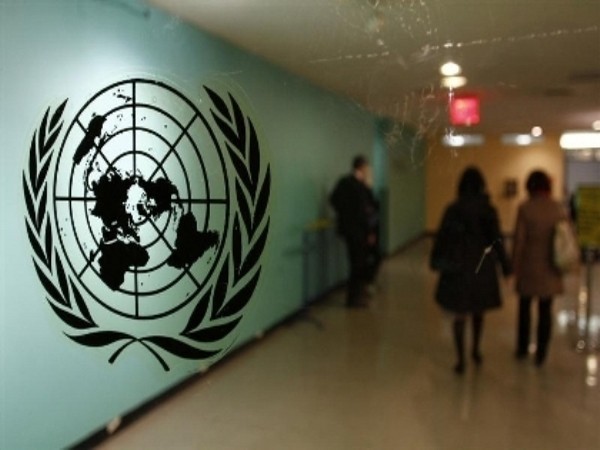

The United Nations Human Rights Council (UNHRC) rejected the bid by the US and European countries to debate rights abuses against Muslim Uyghurs and other ethnic minorities in China.
Last week, the UN’s top human rights body voted down a proposal from western countries including the US and Britain to hold a debate on alleged rights abuses against Muslim Uyghurs and other ethnic minorities in China’s western Xinjiang region, Wall Street Journal reported.
The motion to debate was based on a report released this August by the UN High Commission, which said that the violations have taken place in the context of the Chinese Government’s assertion that it is targeting terrorists among the Uyghur minority with a counter-extremism strategy that involves the use of a so-called Vocational Educational and Training Centres (VETCs), or re-education camps.
Pakistan, Nepal, Indonesia, Qatar, the United Arab Emirates Cuba and Venezuela were among a total of 19 countries that voted against the motion to discuss the report. Apparently, these countries don’t want to offend China or are on the hook as part of Beijing’s Belt and Road Initiative, the WSJ said.
WSJ editorial board pointed out that four countries in the list that ignored the documented persecution of a Chinese Muslim minority group, are majority Muslim nations. Indonesia is the world’s largest Muslim country, and Pakistan’s state religion is Islam.
Earlier, in August, the UN High Commission released a report which said that the violations have taken place in the context of the Chinese Government’s assertion that it is targeting terrorists among the Uyghur minority with a counter-extremism strategy that involves the use of a so-called Vocational Educational and Training Centres (VETCs), or re-education camps.
In a strongly-worded assessment at the end of the report, the Office of the United Nations High Commissioner for Human Rights (OHCHR) said that the extent of arbitrary detentions against Uyghur and others, in the context of “restrictions and deprivation more generally of fundamental rights, enjoyed individually and collectively, may constitute international crimes, in particular crimes against humanity.”
The assessment was initiated following serious allegations of human rights violations against Uyghurs and other predominantly Muslim communities brought to the attention of the UN Human Rights Office and UN human rights mechanisms in late 2017, particularly in the context of the Chinese Government’s policies and measures to combat terrorism and “extremism”.
The OHCHR said that the government policy in recent years in Xinjiang has “led to interlocking patterns of severe and undue restrictions on a wide range of human rights.” Even if the VETC system has as China says, “been reduced in scope or wound up”, said OHCHR, “the laws and policies that underpin it remain in place”, leading to increased use of imprisonment.
Notably, the UN’s assessment comes at a time when Chinese President Xi Jinping is poised to break with tradition by taking on a third term.
According to WSJ. pragmatists might be pleased that the motion failed by only two votes, after a fierce lobbying campaign by Beijing to defeat it. But what a disgrace. Everyone knows the UNHRC is a sinkhole of moral equivalence. But if it can’t pass a motion merely to open discussion on China’s abuses in Xinjiang, there is no reason for it to exist, or for the United States to continue to be a member.